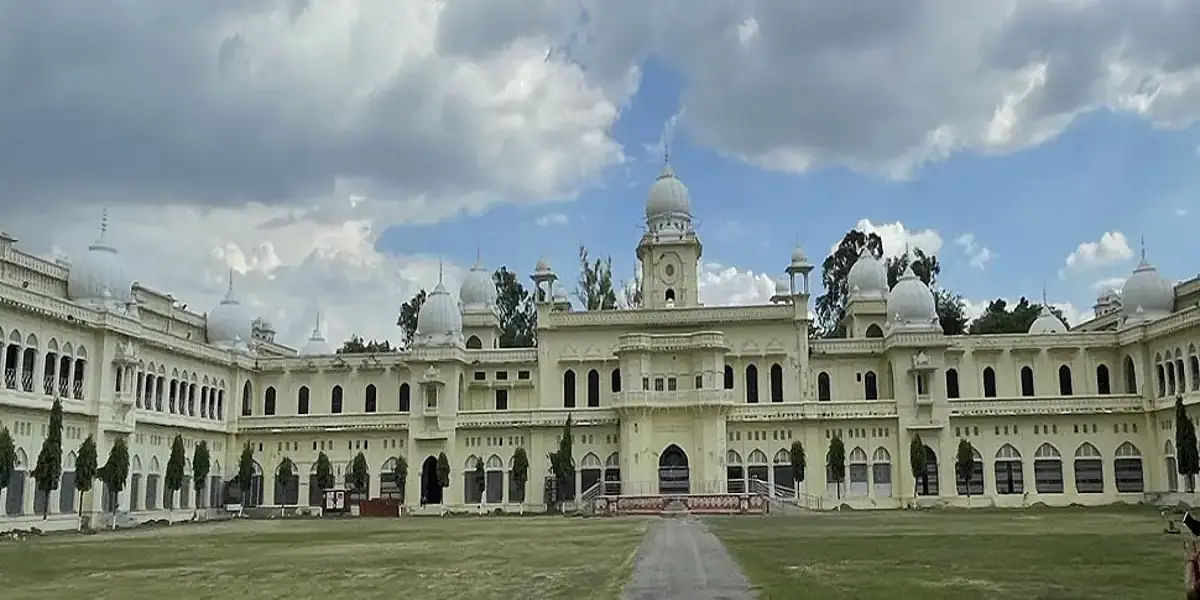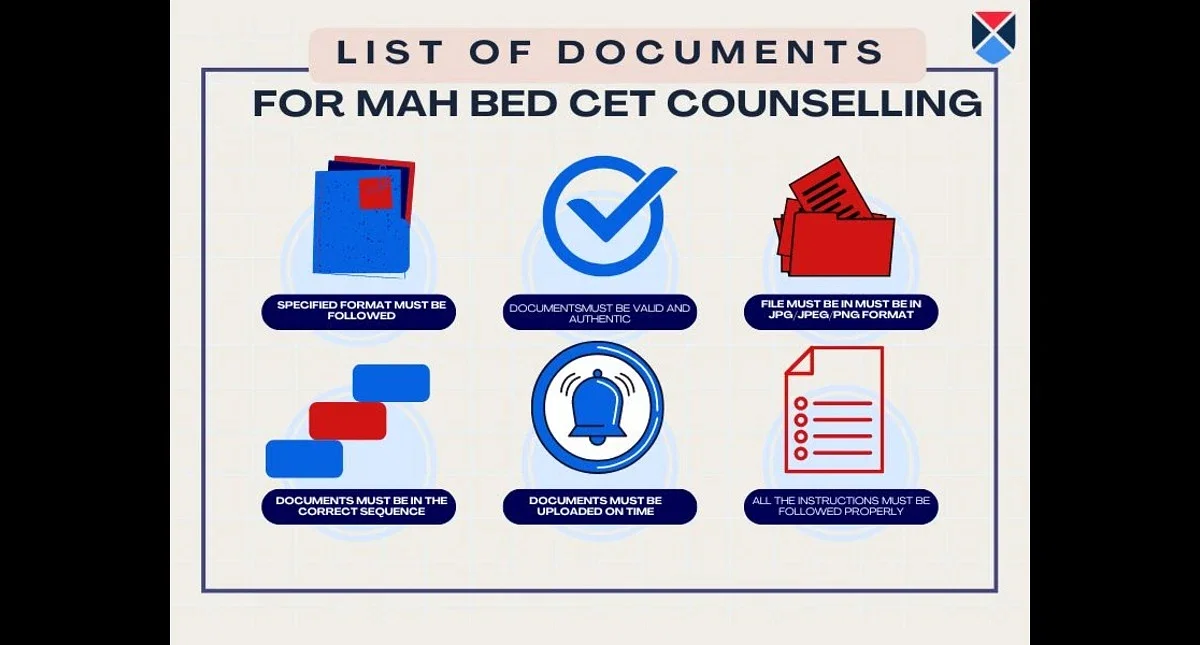Distance B.Ed Syllabus and Subjects

B.Ed Distance Education syllabus includes core and elective subjects providing students with both practical and theoretical experience. B.Ed Distance Education syllabus includes philosophical and sociological foundations of education, language across the curriculum, school organization and management, understanding the self, preliminary school engagement, and more.
Semester Wise B.Ed Distance Education Syllabus
B.Ed Distance Education syllabus is designed to prepare students to learn common teaching techniques and methods. Students should also take teaching courses in addition to the standard curriculum. By taking elective courses, students can gain specialized knowledge and skills in teaching techniques. B.Ed Distance Education degrees can be earned by students who wish to enhance their educational and professional skills. Download the curriculum for the B.Ed Distance Education in PDF format online for free. The following is the semester-wise syllabus for B.Ed Distance Education:
|
Semester I |
Semester II |
|
Childhood and Growing Up |
Learning and Teaching |
|
Contemporary India and Education |
Pedagogy of School Subject -1- Part II |
|
Languages across the Curriculum |
Pedagogy of School Subject- 2 - Part II |
|
Pedagogy of School Subject -1- Part I |
Knowledge and Curriculum |
|
Pedagogy of School Subject -2- Part II |
Assessment for Learning |
|
Understanding ICT and its Application |
School Attachment |
|
School Exposure |
Community Living Camp |
|
Field Engagement Activities |
- |
|
Semester III |
Semester IV |
|
Pre-Internship |
Gender, School and Society |
|
Internship |
Reading and Reflecting on Texts |
|
Engagement with Field: Tasks and Assignment related to Internship |
Arts in Education |
|
- |
Understanding the Self |
|
- |
Creating an Inclusive School |
|
- |
Health, Yoga and Physical Education |
|
- |
Engagement with the Field: Tasks and Assignments |
B.Ed Distance Education Course Subjects
Students enrolled in B.Ed Distance courses can learn teaching techniques on their own without any help from classrooms, which can assist them in overcoming learning and teaching challenges. The semester-wise subjects in B.Ed Distance Education are designed to help students develop a deeper understanding of the subject and build their overall knowledge. The B.Ed Distance Education subject list is as follows:
- Childhood and Growing Up
- Learning and Teaching
- Pedagogy of a School Subject
- Drama and Art in Education
- Creating an Inclusive School
- Understanding Disciplines and Subjects
B.Ed Distance Education Course Structure
As the education is distant, the time to complete the course is flexible. Students can take a maximum of five years to complete this course. The B.Ed Distance Education course is divided into four semesters over two years, allowing students to pursue their education independently according to their schedules. Students study specific subjects related to their specialization in the second year. Following is a description of the course structure:
- IV Semesters
- Core Subjects
- Elective Subjects
- Practical Workshops
- Research Project/Thesis Submission
B.Ed Distance Education Teaching Methodology and Techniques
B.Ed Distance Education course integrates various methods of teaching students with new technologies. Additionally, to lectures and practicals, students are trained in elective subjects of different specializations. In general, the following teaching methodologies are used:
- Direct Instruction
- Flipped Classrooms
- Kinesthetic Learning
- Differentiated Instruction
- Inquiry-Based Learning
- Expeditionary Learning
- Personalized Learning
- Game-Based Learning
B.Ed Distance Education Projects
A major component of the Bachelor of Education in Distance course is a research project to gain experience in managing projects at educational institutions. Students will learn the factors that influence the success of a research project, as well as how to implement them. The following are the most popular B.Ed Distance Education projects topics:
- Studies of Psychological Characteristics Associated with Educational and Vocational Planning of Scheduled Caste High School Boys.
- The Interrelationship between Education and Socio-Economic Mobility of the Scheduled Tribes.
- Research Study for the Identification of Teaching skills and Training Strategies for Implementing the Environmental Approach at the Primary Level.
- Development, Validation, and Testing of Self-Learning.
- Study of Tools for Supervision and Evaluation of Student Teaching and other Practical Work in Colleges of Education.
- Evaluation of the Different Pre-School Training Programs from the Perspective of their Impact on Children.
B.Ed Distance Education Course Reference Books
B.Ed Distance Education books can be found in both online and offline stores which include an array of titles and publishers. These B.Ed Distance Education books provide students with a thorough understanding of all major topics and background information on various teaching fields. The purpose of reference books online is to clarify concepts as well as make them available in PDF format for download. The following books are good references for students studying B.Ed Distance Education:
|
Name of the Books |
Authors |
|
The teaching of Mathematics, Campus Book International, New Delhi |
Russel. J |
|
The Philosophical Bases of Education |
Rusk |
|
Essentials of Educational Technology |
Agarwal. J. C |
|
Child Development |
Hurlock E.P |
|
A Textbook of Advanced Educational |
Dandapani. S |
|
Nature & Conditions of Learning |
Gary. K & Kingsley. H.L |
|
Principles & Methods of Teaching |
Agarniai. J.C |
|
Methods & Techniques of Teaching |
Kochhar. S.K |
|
Darshanik Evam Samaj Shastriya Prishth Bhoomi |
Oad. L.K, Shiksha K |
|
Shiksha Darshan |
Pandey R.S |










